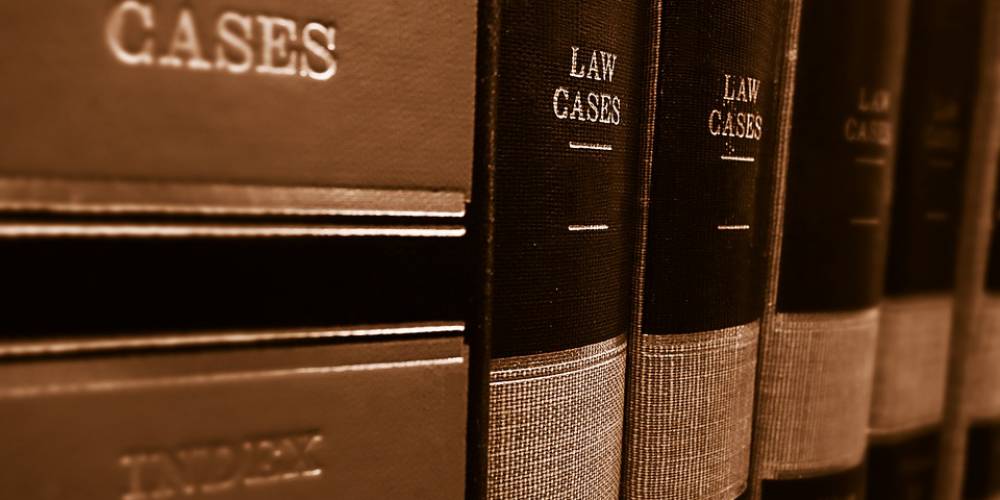the trusted mark of
EXPERIENCE
"You can depend on my team of leading Employment and Labour Lawyers."

Canada’s most experienced employment lawyer

Toronto Employment and Labour Blog: Lavalin and Prosecutorial Discretion
Many years ago my book “The Prosecutor, An Inquiry into the Exercise of Discretion” was published by The University of Toronto Press. In that book, I pointed out that “There are considerable and important differences between what the prosecutor does and what the criminal code and judicial decisions say he or she should do.” What factors influence a prosecutor’s decision to proceed with charges or to drop them?
Freedom of prosecutors to exercise their significant discretion free from favour and independent of improper considerations is a time honoured tradition in Canada. As a special political consideration, a legislative bypass to avoid criminal proceedings is provided to SNC Lavalin Group by the Liberal Government in its Omnibus Bill. Pressure is then applied by senior civil servants to the Director of Public Prosecutions and to the Attorney General, Minister of Justice Jody
Wilson-Raybould to facilitate a political solution by exercising the discretion of her office as Attorney General to bypass / withdraw the criminal charges against Lavalin and instead proceed by way of the non-criminal legislative provision. She and her office object citing her independence as Attorney General and the protections provided by the Rule of Law. She describes the pressure placed upon her “to use the tools at her disposal “ to take the legislative path, as wholly improper.
As I have pointed out in my book, prosecutors properly exercise their substantial discretion to accept guilty pleas to lesser offences or withdraw criminal charges for a variety of reasons. It is plea bargains that reduce court volumes that would otherwise sink the court under the weight of proceedings if the majority headed to trial.
The key question is when is the exercise of prosecutorial discretion appropriate and when is it not.
Former Harvard Law Dean Roscoe Pound described a prosecutors discretion as “ an idea of morals belonging to the twilight zone between law and morals”. To withdraw charges on the basis that there is insufficient evidence to support conviction is clearly an appropriate exercise of her discretion. To do so because of political pressure is highly inappropriate. The failure of senior civil servants to recognize this fact is surprising. The Prime Minister’s desired resolution resulted in a serious imposition of pressure that is difficult to withstand particularly when your job appears to depend on your cooperation.
Prosecution is not immune from the attempted leverage to have charges dropped or withdrawn and there are credible reasons for doing so. Senior approval is usually sought before serious charges are withdrawn. This appears to have been the case. Not to stand firm against inappropriate pressure subjects our criminal justice system to a level of public cynicism that corrodes the fabric of justice that is already perceived to favour the wealthy, the influential and politically powerful. This controversy was unnecessary. But the result is therapeutic. The Rule of Law has prevailed even when sorely tested.
Sign up to recieve our latest news, updates and more

